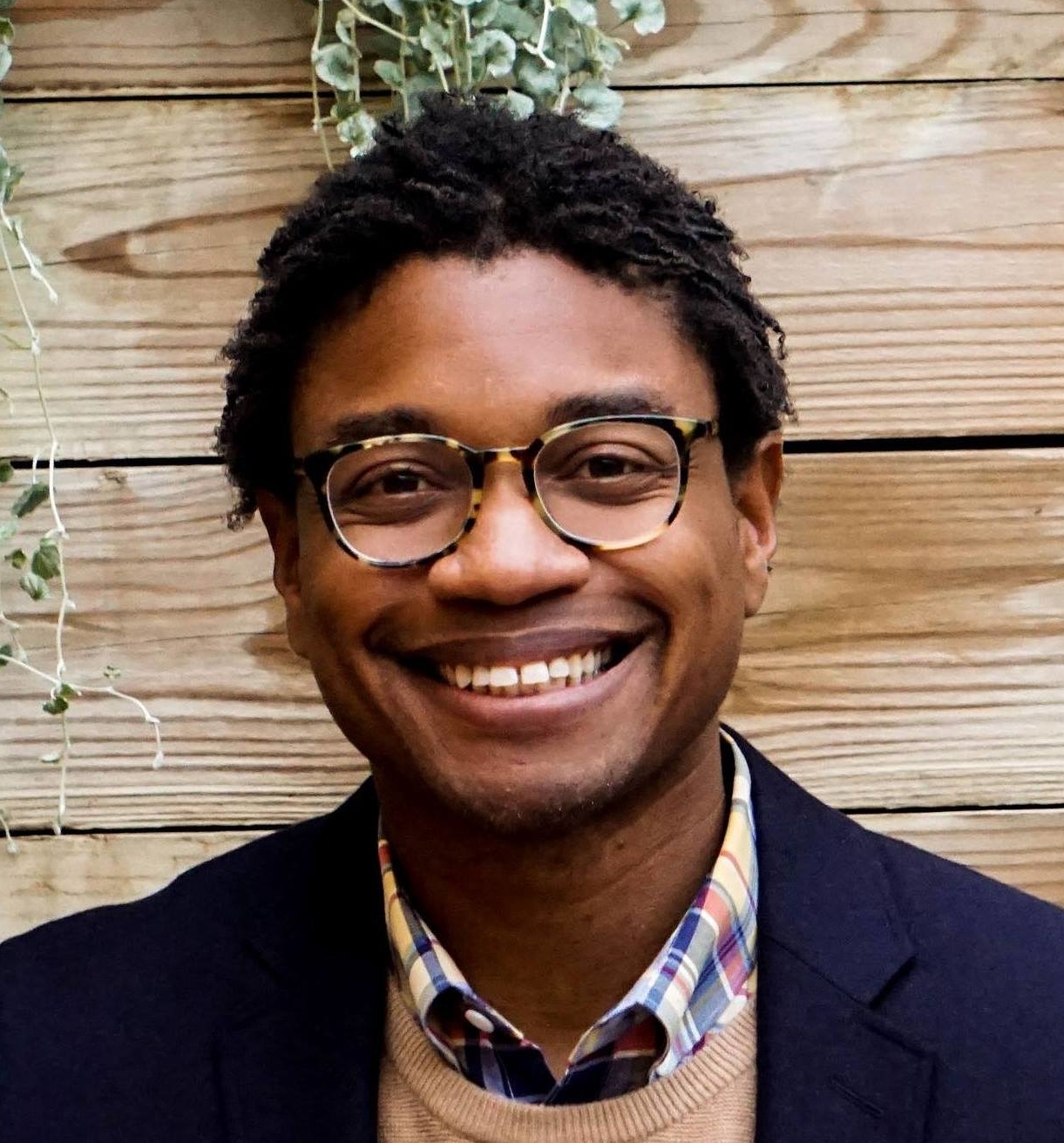I keep returning to the word gratitude because I’m immensely grateful to have had the space and resolve to investigate my interests…
Andrew Williams, Writer and Communications Manager, Education Reimagined
Young people too often let go of the things they enjoy the most. Whether such decisions are caused by frustration, parental pressure, distraction, or “necessity,” the end result is often the same—as adults, they venture too far down an unfulfilling path until desperation for something more purposeful begins settling in. Cue the midlife crisis.
As a child, I had a variety of interests, including drawing, design, music, and writing. Each interest had the potential to grow into a professional pursuit, but only one did. And, absent the encouragement of a caring adult who pushed me to dive deeper into my curiosity, one could have easily been zero.
But, exploring my interests wasn’t all about making a career out of them. Each continues to play a valuable role in my life today and has helped me see that learning has no destination—a truth I believe all young people deserve to understand.
Putting Down the Pencil
Drawing was something I did often as a kid. My skills were rough, but I understood, even then, that mastery came with time and practice. It’s an interest I shared with a close childhood friend, Sam, who was (and remains) an incredible sketch artist.
I admired Sam’s effortless skill and how soon he identified how he would contribute to the world. Watching him use his own hands and imagination to create something original and personal was awe-inspiring. As time passed, his talent grew and grew and the chasm between our skill levels gnawed at my confidence. By the time I was 11 years old, I decided to put my pencil down. I was crushed.
It wasn’t until I enrolled in a drawing class during the first semester of my freshman year in high school that I finally summoned the courage to put pencil to paper again.
One of our assignments was designing an original home—the first time I considered architecture as a potential career. Sadly, fear, years of neglecting my skill, and lack of access to mentorship resulted in me submitting what I deemed an unsatisfying final rendering. The same disappointment I’d experienced as a kid quickly resurfaced.
Then, a different feeling emerged—gratitude. I was grateful for the opportunity to go beyond my comfort zone. I finished the course more at peace with my decision to move on. I also discovered in that moment that my interest in design was resilient, and I hoped it would show up later in a more purposeful way.
Music to My Ears
One of my earliest memories is discovering music. I would forage through my mom’s cassette tapes and tune into local radio stations, listening to my favorite songs for hours.
My father and I often discussed music when we were together, and I eventually uncovered that he played an impressive combination of instruments: guitar, trumpet, and keyboard. He is a musician at heart and always dreamed of being a professional songwriter. A big part of me secretly wanted to follow in his footsteps.
Despite my enthusiasm to learn the guitar and his promises to teach me, the lessons, unfortunately, never materialized. Looking back, I wish I’d been more insistent, but I also didn’t fully comprehend how quickly time could get away from you. Regardless, I eventually stopped asking, but my interest in music only intensified over time.
In the mid to late 90’s, when MTV was a channel that actually played music, I watched it constantly. And, I fell asleep most nights with my headphones still in my ears.
My musical palette deepened beyond R&B to include pop, rock, alternative, country, and film scores. The rhythm, the hooks, the lyrics, the range of vocal tones, the drum solos, the sweeping movements, and guitar play (especially acoustic) were intoxicating. I matured to enjoy the magic of composers like Hans Zimmer and John Williams, the smoothness of Sam Cooke, the genius of Stevie Wonder, the angst of Green Day, and everything in between.
Still, I arrived at a place where I thought being a true music fan meant you needed to learn an instrument, so I jumped in, again.
There was the failed attempt to play the piano in middle school, followed by the trumpet in high school. I never learned how to read music or develop nimble fingers, and my dream fizzled out.
But, once again, I was overcome with a sense of gratitude—gratitude for having tried. And, I ultimately resolved to enjoy music from afar.
These days, I frequently attend concerts and often peruse publications like Pitchfork and Rolling Stone, or platforms like Spotify, in search of new music. I’ve also accepted my eclectic taste in music as a gift: a language that perpetually opens up my world to new friends, conversations, experiences, and perspectives.
Nancy’s Encouragement
Anytime I had a free moment in elementary school I would write stories. They were often about sports, video games, and childhood because those things were my whole world. I didn’t know why, but I loved using the written word to bring my imagination to life.
And, unlike my other interests, I unexpectedly found outside support that enabled me to voraciously pursue my dream of becoming a writer: a seed planted by Nancy Waclawek, formerly of the Saint Petersburg Times (now Tampa Bay Times).
In college, Nancy reserved an internship for me, telling my would-be supervisor, “I have a feeling about him.” Nancy’s words, which she’s likely unaware made their way to me, remain a steady source of inspiration to this day.
Her words were there during the journalism course I took in college and the semesters spent writing for the Dickinsonian (Dickinson College’s student newspaper) and Dickinson College’s Media Relations Department. And, they were there as I attempted time and again to pursue communications roles after graduation, only to have my applications ignored.
After graduation, I didn’t stop working on my craft or chasing my dream. I created a personal blog, wrote the occasional piece for employers, published an article here and there, and did informational interviews with communications professionals.
Ultimately, the frustration was worth it the moment I was hired to be a writer and communications manager at Education Reimagined.
It’s true that learning is most authentic when self-driven, but it’s also true that the guidance of supporting and caring adults can help cultivate a passion that may have never been revealed without that support. Nancy’s belief, alongside my persistence, was the key to fulfilling my promise.
Gratitude for the Journey
I keep returning to the word gratitude because I’m immensely grateful to have had the space and resolve to investigate my interests in drawing, music, and writing at different stages of my life.
I’m grateful I failed at being an artist, while discovering a love of design and visual storytelling. It’s why photography, fashion, and learning about architecture bring me joy and stretch my imagination.
I’m grateful I continued to explore my love of music, while leaning into music as both a transformative language and source of inspiration.
I’m grateful that Nancy’s words pushed me to follow my dream of being a writer. And, I’m grateful that I harnessed what resources I had available to me to grow as a writer, while I pursued a position that would allow me to realize my full potential as a storyteller.
These experiences all shaped me to be a more complete version of myself. They’ve also driven me to tell more and more stories about young people having the opportunity and permission to find this part of themselves well before adulthood. The part of themselves where they can design a meaningful career driven by their interests.

